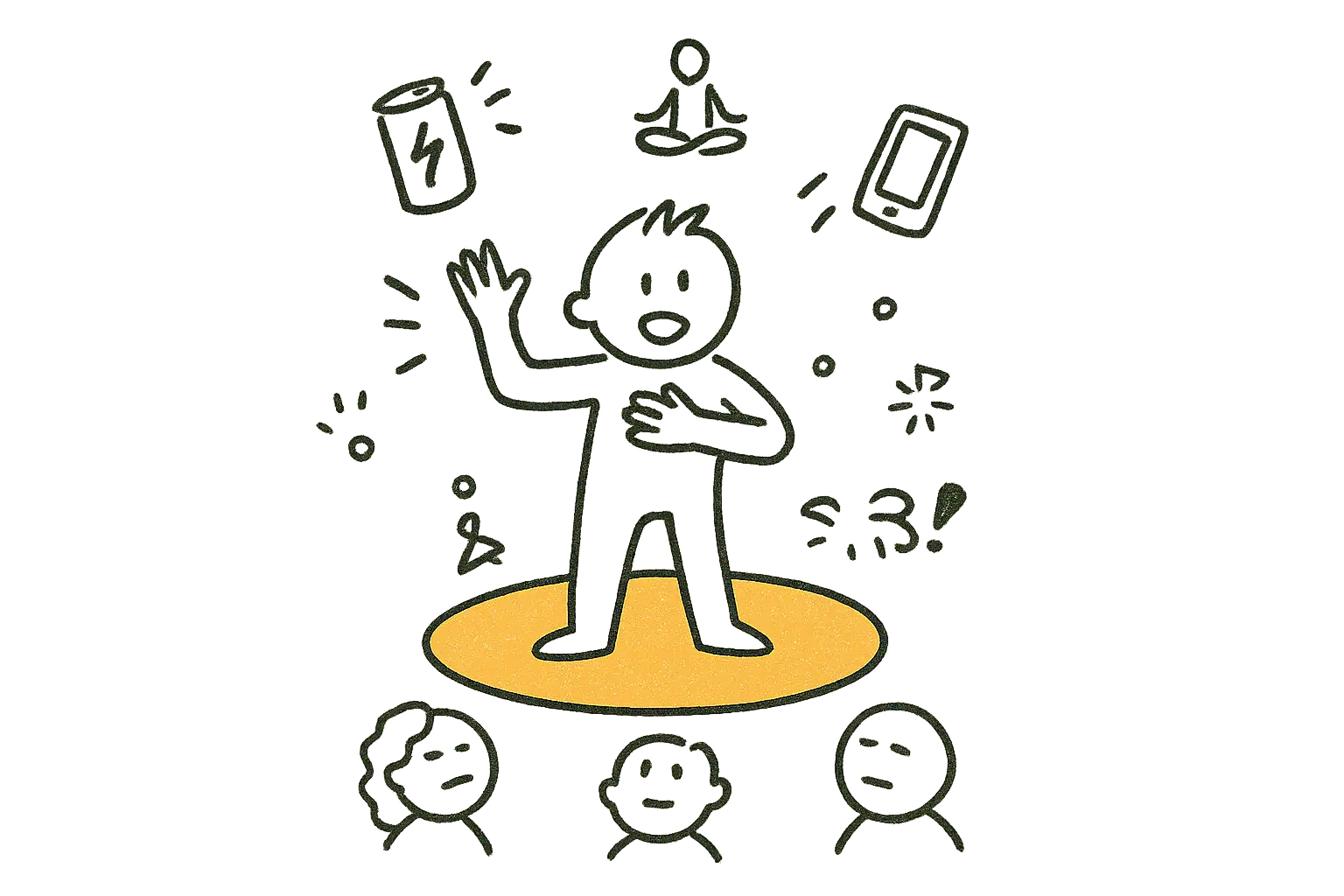Every Dumbass Has a TED Talk

At some point in the last decade, TED Talks stopped being about ideas worth spreading and turned into personal brands worth inflating.
It used to feel rare. Someone cracked a code in cancer research? They had a TED Talk. Someone reimagined urban design? TED Talk. A mind-bending breakthrough in AI? TED Talk.
Now? Some guy quit drinking Monster Energy for a week and suddenly he’s pacing a red circle telling you how “stillness is the new productivity.”
The TED Formula™
You’ve seen it a hundred times:
- Walk out in a casual blazer.
- Pause dramatically.
- Share a childhood trauma, hiking accident, or quirky “I was at Starbucks when it hit me” story.
- Deliver an “insight” so obvious it belongs on a coffee mug: “Failure isn’t the opposite of success, it’s part of it.”
- Smile like you solved philosophy.
TED Talks have become self-help karaoke. Everyone’s singing the same song, just in slightly different keys.
Why It Works Anyway
Because it feels good. TED is intellectual fast food: quick, polished, pre-chewed. You don’t have to read, research, or wrestle with ideas—you just sit back and let someone tell you your procrastination is secretly genius.
It’s dopamine in PowerPoint form.
The Cost of Dumbassery
The problem isn’t that every dumbass has a TED Talk. It’s that they’ve crowded out the people with real insights. There are still brilliant talks out there—actual scientists, teachers, thinkers—but they drown in the noise of every wannabe guru who turned their morning routine into a “movement.”
When everything is presented as groundbreaking, nothing feels groundbreaking anymore.
How to Spot the Difference
Here’s a test: If the “idea” could fit on a Pinterest quote card, it’s not a TED Talk. It’s a pep rally.
“Gratitude makes you happier.” Cool. So does pizza.
“We need to listen more.” Groundbreaking. Tell me again.
Ideas worth spreading change the way we see the world. Dumbass TED Talks just change the way we kill 18 minutes on YouTube.
The Fix
Raise the bar. Stop giving every LinkedIn influencer a microphone. Let people with actual expertise—researchers, builders, teachers—back into the circle.
Until then, every time you see a new TED Talk pop up in your feed, ask yourself: Is this really an idea worth spreading, or just another dumbass in a headset?


Member discussion